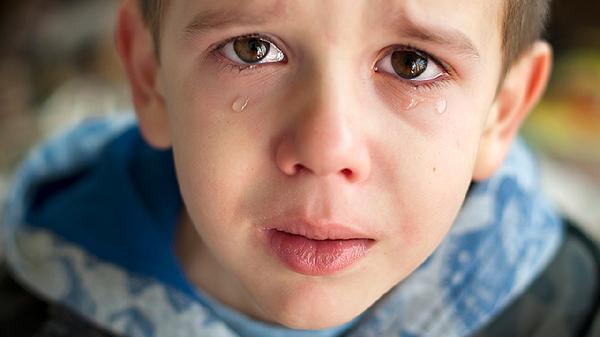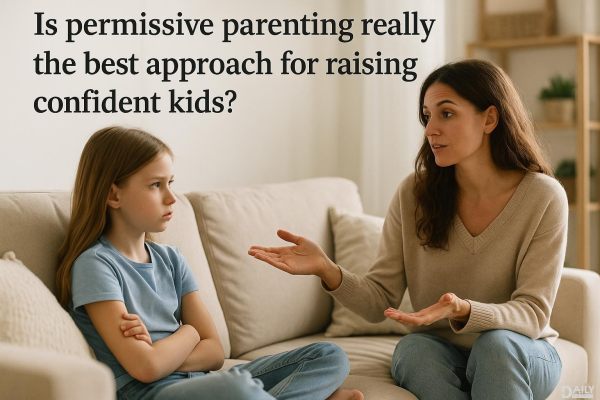Every baby enters the world with a cry, which is an instinctive response. However, as babies grow, their crying can leave parents feeling helpless and even frustrated. In fact, a baby's crying carries different meanings. Below, we’ll share some insights into why babies cry. Understanding these reasons can help parents address their baby’s needs effectively.

Physiological Reasons
1. Hunger: When a baby is hungry, they often whimper or cry softly. It’s a sign that they need to be fed. Mothers should promptly prepare milk to ensure the baby is satisfied.
2. Discomfort: Babies may cry and squirm if they feel too hot, too cold, dirty, uncomfortable, or if their clothes don’t fit well. Mothers should check for these issues and address them accordingly.
3. Sleepiness: When a baby is tired, they might yawn, rub their eyes, and cry irritably. This is a cue for mothers to soothe the baby to sleep.
Only when parents understand the real reasons behind their baby’s cries, learn to listen, and try to think from the baby’s perspective can they grow together with their child.
Pathological Reasons
Pathological causes typically include:
1. Abdominal discomfort: Babies may cry due to air trapped in their stomachs during feeding or because of bloating, which could stem from indigestion, colic, or other gastrointestinal issues.
2. Respiratory blockage: Cold weather or changing climates can lead to fever, colds, or respiratory infections, causing discomfort and persistent crying.
When a baby feels unwell, they often cry loudly to signal illness. Parents should carefully observe their baby’s condition and seek medical attention promptly.
Psychological Reasons
Since babies can’t speak, they rely on crying to communicate their feelings. Beyond physiological and pathological reasons, babies may cry due to emotional distress. For example, sensing parental impatience or anger can make a baby feel resistant and cry.
Therefore, parents should take their baby’s crying seriously and not dismiss it as mere fussiness. Analyze the underlying cause carefully instead of ignoring it, as this could lead to missing important signals, including signs of illness. For the healthy development of their child, parents should respond with gentleness and patience, avoiding frustration or anger when their baby cries.
























